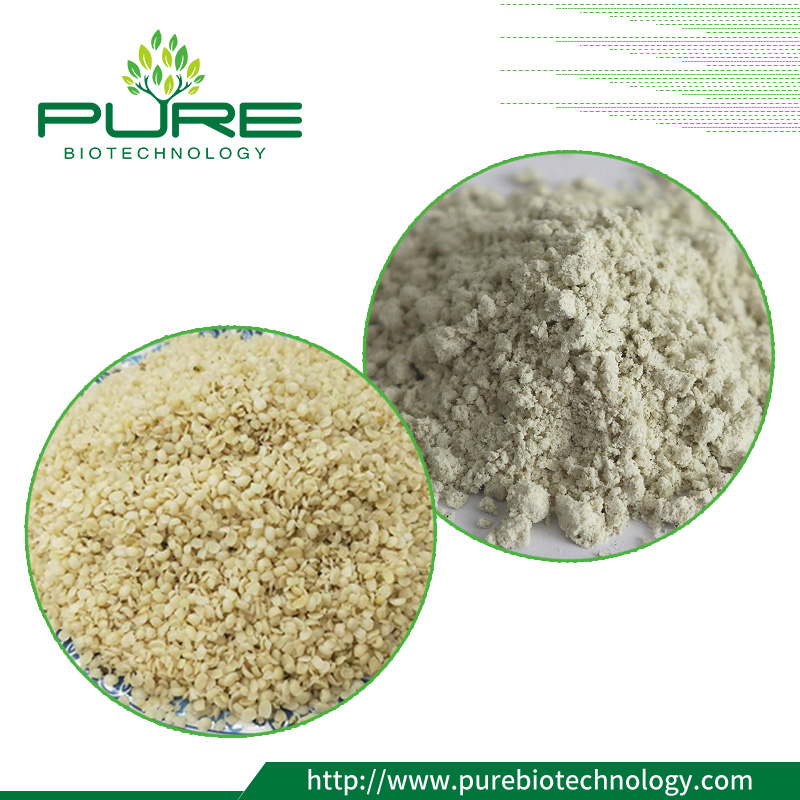
Hemp Seeds: Nutritional Powerhouses and Their Benefits
Hemp seeds, known as "火麻仁" in Chinese, have been gaining attention in recent years for their impressive nutritional profile and numerous health benefits. As one of the oldest cultivated plants, hemp has been used for thousands of years in various cultures for its fiber, oil, and seeds. In this article, we will explore the nutritional benefits of hemp seeds, their uses, and how they contribute to a healthy diet.

Nutritional Profile
Hemp seeds are small but packed with essential nutrients. They are an excellent source of high-quality protein, containing all nine essential amino acids that the human body cannot produce on its own. This makes them a valuable protein source for vegetarians and vegans.
In addition to protein, hemp seeds are rich in healthy fats. They contain a balanced ratio of omega-3 and omega-6 fatty acids, which are crucial for maintaining heart health and reducing inflammation. Specifically, hemp seeds provide a significant amount of alpha-linolenic acid (ALA), a type of omega-3 fatty acid that has been linked to reduced risks of cardiovascular disease.
Hemp seeds are also a good source of vitamins and minerals, including vitamin E, magnesium, phosphorus, potassium, and iron. Vitamin E acts as a powerful antioxidant, protecting cells from damage and supporting skin health. Magnesium is vital for muscle and nerve function, as well as bone health.
The health benefits of hemp seeds are extensive, thanks to their unique combination of nutrients. Here are some key benefits:
Heart Health: The omega-3 and omega-6 fatty acids in hemp seeds help maintain cardiovascular health by reducing inflammation and improving cholesterol levels. A balanced intake of these fatty acids can contribute to a lower risk of heart disease.
Digestive Health: Hemp seeds are a good source of dietary fiber, which aids in digestion and promotes a healthy gut. Fiber helps regulate bowel movements and can prevent constipation.
Skin Health: The antioxidants and healthy fats in hemp seeds contribute to healthy, glowing skin. Omega-3 fatty acids help maintain the skin's elasticity and moisture, reducing the appearance of dryness and inflammation.
Muscle Recovery: The high-quality protein in hemp seeds supports muscle repair and recovery, making them an excellent choice for athletes and those who engage in regular physical activity.
Uses in Cooking
Hemp seeds are versatile and can be easily incorporated into various dishes. They have a mild, nutty flavor that complements both sweet and savory recipes. Here are a few ways to include hemp seeds in your diet:

Conclusion
Hemp seeds are a nutritional powerhouse, offering a wide range of benefits for overall health. Their rich protein content, balanced fatty acids, and essential vitamins and minerals make them a valuable addition to any diet. Whether you are looking to support heart health, improve digestion, or enhance skin appearance, hemp seeds can play a significant role in achieving these goals. With their versatility in cooking and numerous health benefits, incorporating hemp seeds into your daily routine is a delicious and nutritious choice.